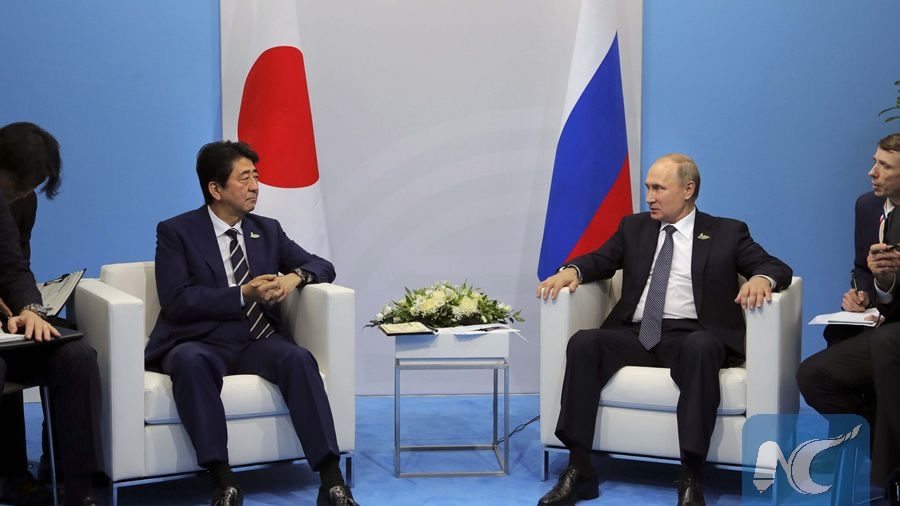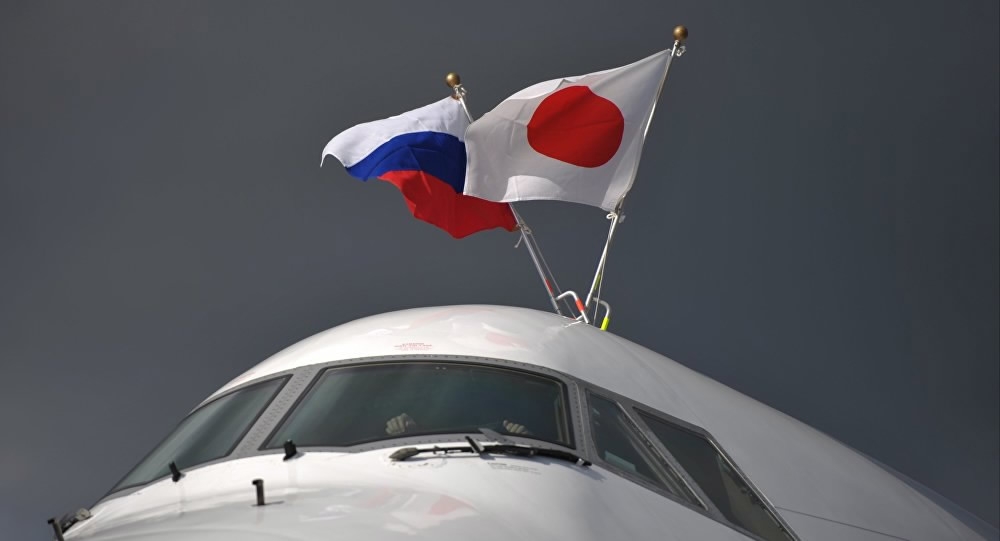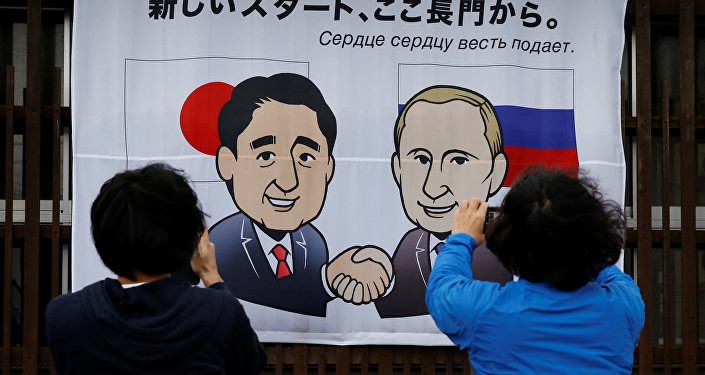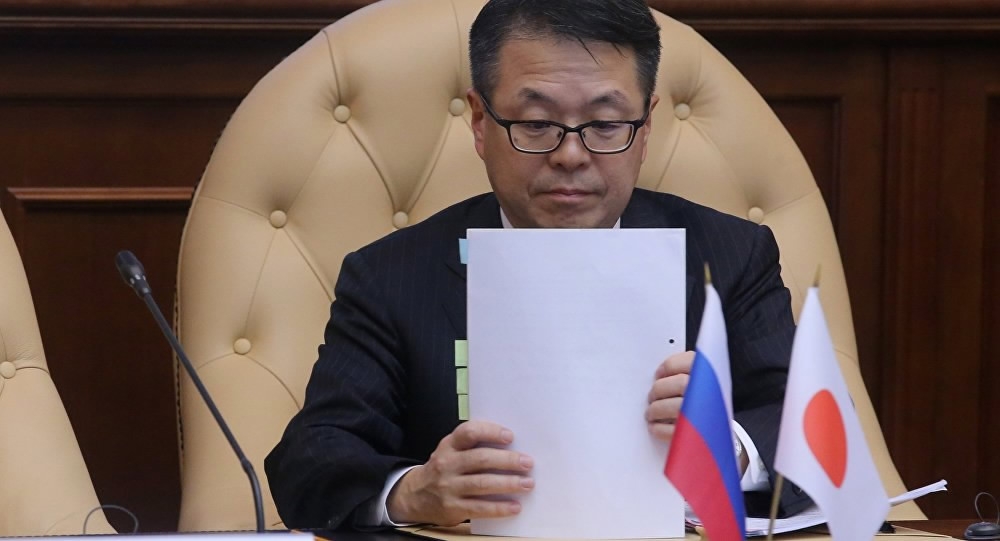
Business
15:14, 06-Sep-2017
Lack of trust hampers Russia-Japan economic cooperation
CGTN

Prime Minister Shinzo Abe left Tokyo on Wednesday for a two-day visit to Vladivostok, where he hopes to get Russia, a veto-wielding member of the UN Security Council, to agree to impose tougher new sanctions on the DPRK in the wake of its sixth nuclear test on Sunday.
Although Abe traveled to Russia to attend the third Eastern Economic Forum in September last year, a lack of trust still hampers progress in economic cooperation between Russia and Japan. Talks between Putin and Abe will take place on Thursday.
Experts said the legal framework for joint economic activities in the disputed islands known as the Southern Kurils in Russia and the Northern Territories in Japan will be a key issue in talks between the two leaders.

/CGTN Photo
/CGTN Photo
Russia has repeatedly stated that joint economic activities will be conducted on the basis of the Russian legislative framework, since the islands belong to Russia, while Japan said it contradicts its principled position that the islands are "illegally occupied."
"The main issue at the meeting in Vladivostok will be the ability of the parties to agree on the legal basis on which the joint development of the Southern Kurils will be conducted," said Valery Kistanov, head of the Japanese Studies Center at the Far Eastern Studies Institute of the Russian Academy of Sciences.
In March, Moscow said Russia would not wait long and would propose creating a Priority Development Area (PDA) in the Kurils if Tokyo did not take concrete steps on joint economic activities, and in July, the Development Corporation of the Far East announced the receipt of the first application for a new PDA.

AFP Photo
AFP Photo
Currently, trade and economic relations between Russia and Japan, according to Kistanov, are at a low level and do not meet their potential. Trade between the countries decreased by almost a quarter and amounted to 16 billion US dollars in 2016.
Russia is interested in involving Japan in projects in the Far East, but experts said there are factors hindering economic cooperation, including insufficient development of the Russian infrastructure, low attractiveness of investment in Russia, and stagnation of the Japanese economy.
"Japanese businesses are wary of trade and economic cooperation with Russia, especially in the face of sanctions imposed by the West," Kistanov said.
Viktor Kuzminkov, senior research fellow at the Japanese Studies Center at the Far Eastern Studies Institute of the Russian Academy of Sciences, also stressed the need to take into account Japan's economic dependence on the United States, especially in view of the continuing confrontation between Moscow and Washington.

Japanese Minister of Economy, Trade and Industry Hiroshige Seko stated that the plan of economic cooperation between Japan and Russia has steadily advanced, March 24, 2017. /AFP Photo
Japanese Minister of Economy, Trade and Industry Hiroshige Seko stated that the plan of economic cooperation between Japan and Russia has steadily advanced, March 24, 2017. /AFP Photo
The two economies are complementary in the energy sector as Japan needs more diversified imports of energy resources other than those from the Middle East while Russia is ready to export its energy products.
But Washington, as Bloomberg news agency reported in July, objected to joint plans by Japan and Russia's oil giant Rosneft for oil prospecting in the Far East under an agreement the parties signed in December.
It may scare off Japanese investors from participating in Russia's oil and gas projects, including the construction of the Sakhalin-Hokkaido gas pipeline, in which the parties confirmed their interests in December.
Source(s): Xinhua News Agency

SITEMAP
Copyright © 2018 CGTN. Beijing ICP prepared NO.16065310-3
Copyright © 2018 CGTN. Beijing ICP prepared NO.16065310-3